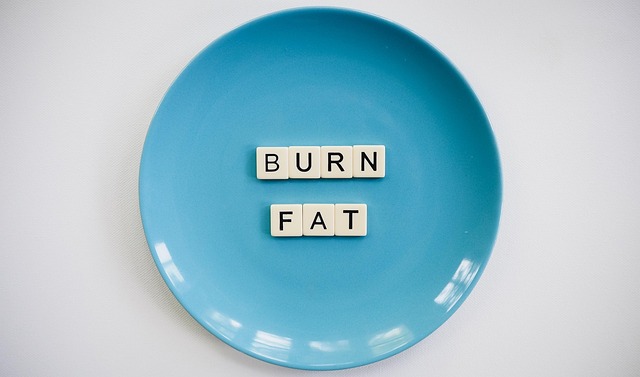Fired Up: Exploring the Science Behind the Ultimate Fat-Burning Diet
When it comes to weight loss, the idea of a fat-burning diet sparks a fire of hope and motivation in many of us. The promise of shedding unwanted pounds while fueling our bodies for peak performance is not just a dream—it’s something grounded in science. But what exactly makes a diet “fat-burning,” and how can understanding the science behind it help you achieve lasting results?
The Metabolic Spark: Understanding Fat-Burning
At the heart of every successful fat-burning diet is metabolism, the complex biochemical process that converts food into energy. Your body primarily uses carbohydrates and fats as fuel sources, but tapping into your fat reserves requires a shift in how your body metabolizes these nutrients. When the body’s energy demands exceed the readily available carbohydrate supply, it turns to fat stores, breaking them down to generate energy—a phenomenon known as fat oxidation.
This is where the magic of a fat-burning diet comes into play. By carefully balancing macronutrients and timing meals, such diets aim to ignite fat oxidation as the predominant energy pathway, helping you burn fat more efficiently.
Key Components of an Effective Fat-Burning Diet
- Low Carbohydrate Intake: Reducing carbohydrates lowers insulin levels, a hormone that promotes fat storage. With less insulin circulating, fat cells release stored fat for energy.
- Increased Protein: Protein not only preserves muscle mass during weight loss but also boosts your metabolic rate through its high thermic effect—meaning your body burns more calories digesting protein compared to fats or carbs.
- Healthy Fats: Incorporating sources of healthy fats like avocados, nuts, and olive oil provides sustained energy and supports hormone balance vital for fat metabolism.
- Meal Timing: Strategies such as intermittent fasting can further enhance fat burning by extending periods when the body depletes carbohydrate stores and switches to fat for fuel.
Science-Backed Strategies to Maximize Fat Burning
Beyond diet composition, other factors turbocharge your body’s fat-burning capabilities:
1. High-Intensity Interval Training (HIIT)
Short bursts of intense exercise followed by recovery periods amplify your metabolism, leading to increased calorie burn even after workouts are over—a phenomenon known as excess post-exercise oxygen consumption (EPOC).
2. Adequate Sleep and Stress Management
Chronic stress and poor sleep elevate cortisol levels, which can impair fat loss by promoting fat storage and increasing appetite. Prioritizing rest and relaxation is key to unlocking the full potential of any fat-burning diet.
3. Hydration
Water plays a vital role in metabolic processes, including lipolysis—the breakdown of fat. Staying well-hydrated supports your body’s ability to efficiently burn fat.
Embracing the Journey: More Than Just a Diet
Embracing a fat-burning diet goes beyond calorie counting or restrictive eating; it’s about cultivating a lifestyle that fuels your body and mind optimally. Understanding the science behind these nutritional choices empowers you to make informed decisions, avoid common pitfalls, and stay fired up throughout your weight loss journey.
Remember, the ultimate fat-burning diet is not a one-size-fits-all plan—it’s a personalized approach that aligns with your body’s unique needs and your personal goals. By harmonizing nutrition, exercise, and healthy habits, you’ll ignite your body’s natural fat-burning furnace and feel the transformative energy of becoming your healthiest self.



